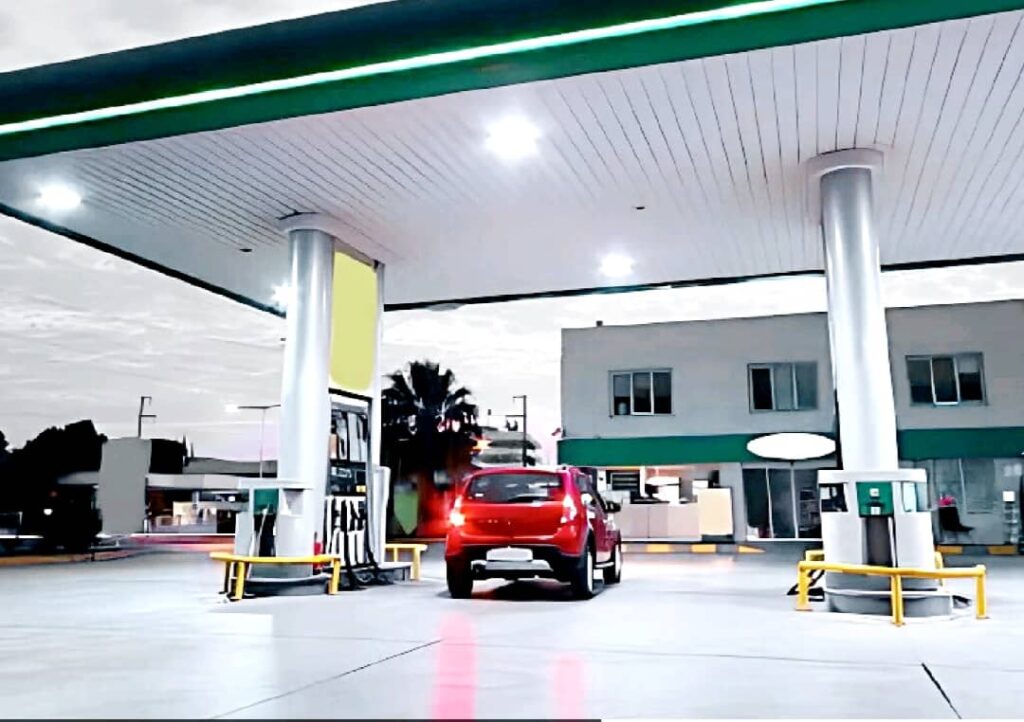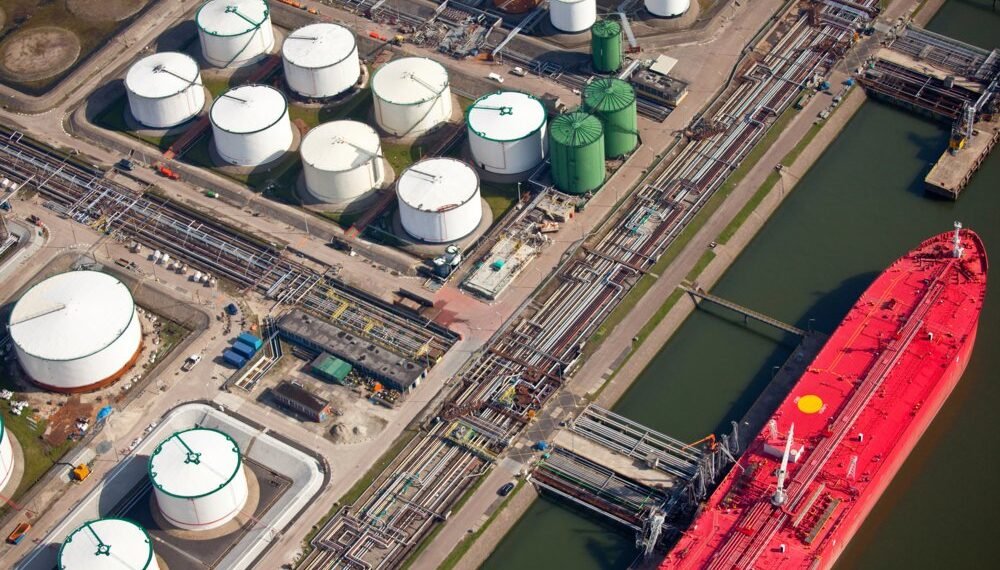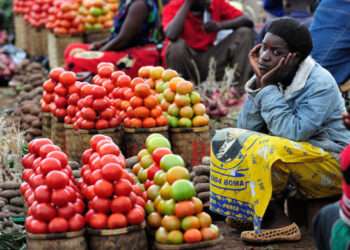Ghana is currently confronted with an escalating fuel reserves crisis that has raised serious concerns about the country’s energy security, with the Bulk Oil Storage and Transportation Company (BOST) reportedly unable to cover even a week’s worth of national supply.
This alarming revelation comes from the Chief Executive of the Chamber of Oil Marketing Companies (COMAC), Dr. Riverson Oppong, who noted that the country’s fuel reserve is critically low, a situation exacerbated by flawed policy decisions and mounting global threats to fuel security.
“I doubt that as we speak today, BOST can provide even a week’s worth of national fuel supply.
“That is very terrifying because BOST as an institution does not have its own stock of products stored for emergencies.”
Dr. Riverson Oppong, CEO of COMAC
According to Dr. Oppong, the crisis stems partly from policy decisions by the Ministry of Energy and the National Petroleum Authority (NPA), which he argued favor private fuel importers over the state-owned BOST.
“LECAN is essentially the authority note that gives you the clearance to bring a vessel in.
“Without it, you cannot import fuel. BOST doesn’t seem to be getting it.”
Dr. Riverson Oppong, CEO of COMAC

This administrative bottleneck, he said, significantly curtails BOST’s ability to import and store fuel, making the country vulnerable to supply chain shocks — particularly amid escalating tensions in the Middle East.
Dr. Oppong emphasized that the risk of global fuel disruptions, especially around the Strait of Hormuz — a critical oil transit route — compounds Ghana’s vulnerability.
“If conflict intensifies in that region, and Ghana lacks reserves, we’ll face severe consequences.
“Prices will spike, and supply could be interrupted altogether. We are dangerously exposed.”
Dr. Riverson Oppong, CEO of COMAC
The Chamber is urging the government to urgently reassess national energy policy and empower BOST with the autonomy and resources needed to rebuild and maintain strategic fuel reserves.
Safety Threats Undermining 24-Hour Economy Plans

In addition to energy security, Dr. Oppong raised concerns about public safety and security risks faced by Oil Marketing Companies (OMCs) attempting to align with government efforts to establish a 24-hour economy.
He said efforts to extend fuel station operations into the night have been repeatedly thwarted by criminal activity.
“There have been several attempts by some OMCs to sell fuel in the middle of the night, but robbery and theft will not allow them to do that. Some have been robbed.”
Dr. Riverson Oppong, CEO of COMAC
He revealed that some of the robberies happened as early as 8:00 or 9:00 p.m., with criminals targeting stations known to operate late into the night.
“I still have videos of such incidents on my laptop, shared by some OMCs. These are not isolated events — they are happening too frequently to ignore.”
Dr. Riverson Oppong, CEO of COMAC
To support safe implementation of extended fuel retail operations, Dr. Oppong proposed that high-traffic urban areas such as Dzorwulu and East Legon be designated as pilot zones for 24-hour fuel stations.
“If the government could support us with police presence or surveillance at these key locations, we could trial the 24-hour economy idea with reduced risk.”
Dr. Riverson Oppong, CEO of COMAC

He also recommended adopting self-service fuelling infrastructure and reducing cash transactions to limit criminal exposure. Automated pumps and digital payment systems, he argued, would reduce the need for overnight staff and make stations less attractive to criminals.
“It’s very painful to be robbed in the middle of the night and lose all your sales.
“We need innovation and protection if we’re serious about a 24-hour economy.”
Dr. Riverson Oppong, CEO of COMAC
Ghana’s current energy and public safety landscape presents significant challenges to both supply reliability and economic policy ambitions.
As global oil markets remain volatile and domestic reserves dwindle, experts warn that without swift intervention, including empowering BOST and enhancing national security measures Ghana could soon face a double blow: fuel scarcity and failure of its round-the-clock economy vision.
READ ALSO: Cedi to Remain Stable Against Major Currencies- Finance Minister Assures Ghanaians

















